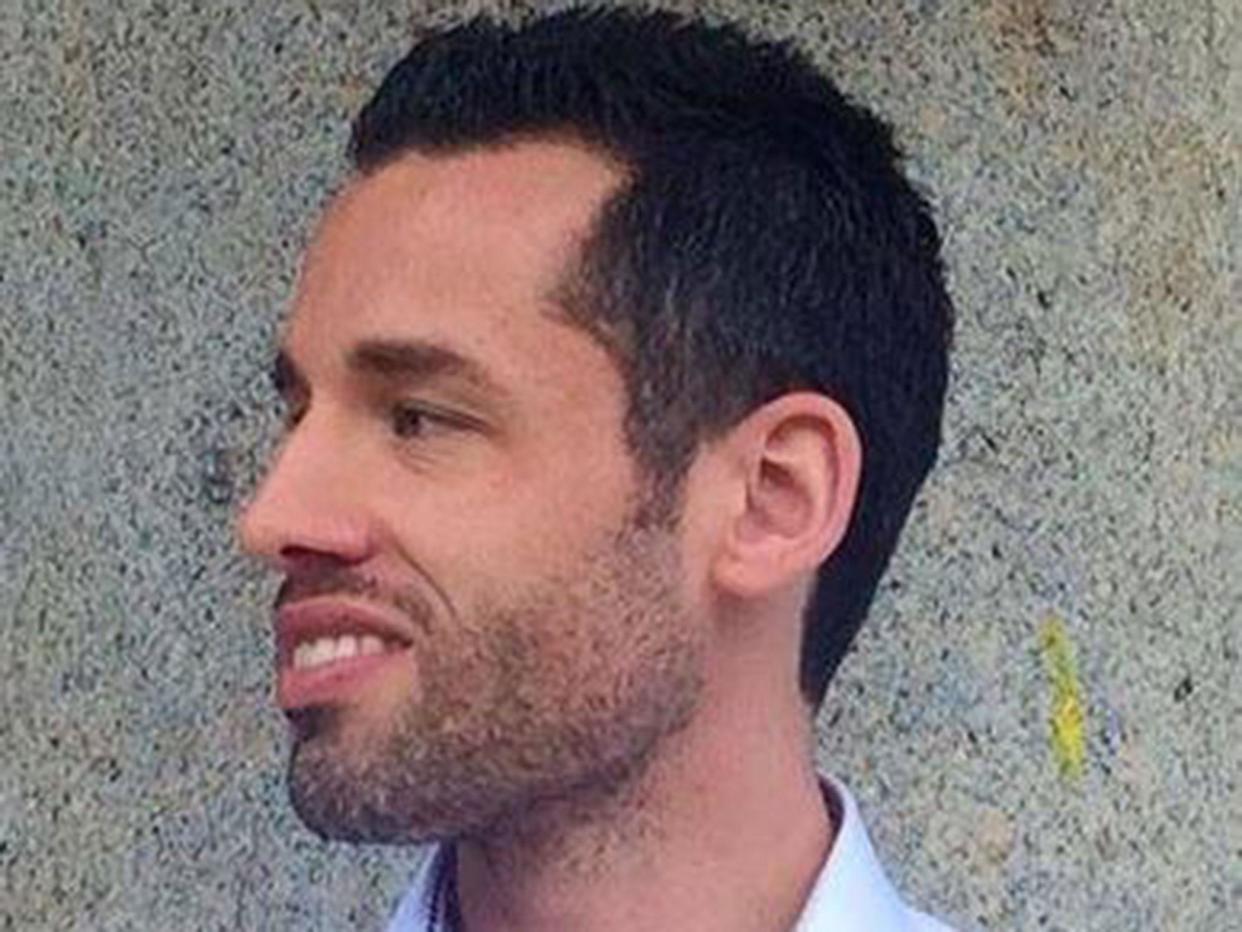We need to rethink our attitudes towards consent, and recognise everyone's right to withdraw it at any point

When Philip Queree, a 37-year-old medical student, was convicted of indecent assault for his handling of a woman’s breasts during intercourse – people on the internet had a field day. The conviction last year was seen as the pinnacle of political correctness gone mad, and everyone seemed to be having a good scoff at the idea that grabbing someone’s breasts during sex might be classed as assault.
Now that Mr Queree’s conviction has been quashed, with Jersey Royal Court saying the case had “gone wrong in a material way”, we’re treating the whole incident as a laughable anomaly in a year full of serious sexual assault allegations.
But, during this mass furore, the nuances of the case are being ignored. Mr Queree was not accused of “touching” his accuser’s breasts, rather, the woman (who remains anonymous) claimed that he used “excessive force” after she had asked him to stop. During the trial, she said: “I was in a lot of pain. I felt he had been rough with me. I had never experienced anything like this in my life.”
We’ve all had little accidents during sex. I, for one, have unintentionally caused bruising and worse through nothing more sinister that the combination of nerves, ungainliness and hitherto undiagnosed dyspraxia. When people say “love hurts”, they may as well have been discussing some of my drunkest, clumsiest attempts at intercourse.
But Mr Queree wasn’t accused of causing accidental damage. He was accused of continuing to cause harm to a sexual partner in the knowledge she wanted him to stop what he was doing. Of course, there’s an innate ludicrousness to the idea that touching someone’s breasts during sex might equate to “indecent assault”, but people seem to be using this case as an excuse to turn the broadening conversation about sexual consent into some sort of farce.
In reality, the case actually highlights a glaring omission in the sexual assault conversation. While we’re all, hopefully, beginning to get our heads around the idea that you shouldn’t make an unwarranted sexual advance, we’re yet to properly discuss the internal dynamics of sex – the fact that people may have different boundaries, one from another, and how we need to respect that.
No one’s suggesting that grabbing someone’s breasts during sex is always a predatory move. But so many of us have experienced that uncomfortable territory, within the context of consensual sex, where things go further than we’d like, or are rougher than we enjoy, or start going down a route we haven’t agreed to. And just because the breasts are considered to be, sexually speaking, “fair game”, it doesn’t mean we have to put up with people treating them like play putty.
Obviously, there is nothing criminal about rough sex. Many people, across the sexual spectrum, will and should be able to partake in any roughhousing they enjoy, so long as it’s been established that both parties consent. But such an activity does not in any way equate to continuing to hurt a sexual partner when they’re asking you to stop.
Because if someone says “stop”, you need to stop. It doesn’t matter how ridiculous or prudish you’ve decided they’re being, someone can withdraw consent, or establish boundaries, at any time during sex – and this needs to be respected.
If we argue this isn’t the case, we risk creating an environment where after you’ve said yes, you relinquish agency, and cease to have control over your own body. If you say yes to a kiss, you’re not consenting to be touched; consenting to a fumble isn’t the same as agreeing to intercourse; and wanting to have sex isn’t the same as wanting to be hurt. As soon as a partner says no, the offending action must be stopped.
Intentionally harming someone during sex does not turn your assault into a style. Consent is not absolute, and the mocking reactions are a worrying indication of how much further attitudes need to change before we become a society championing the value of consent and the realities of assault.


